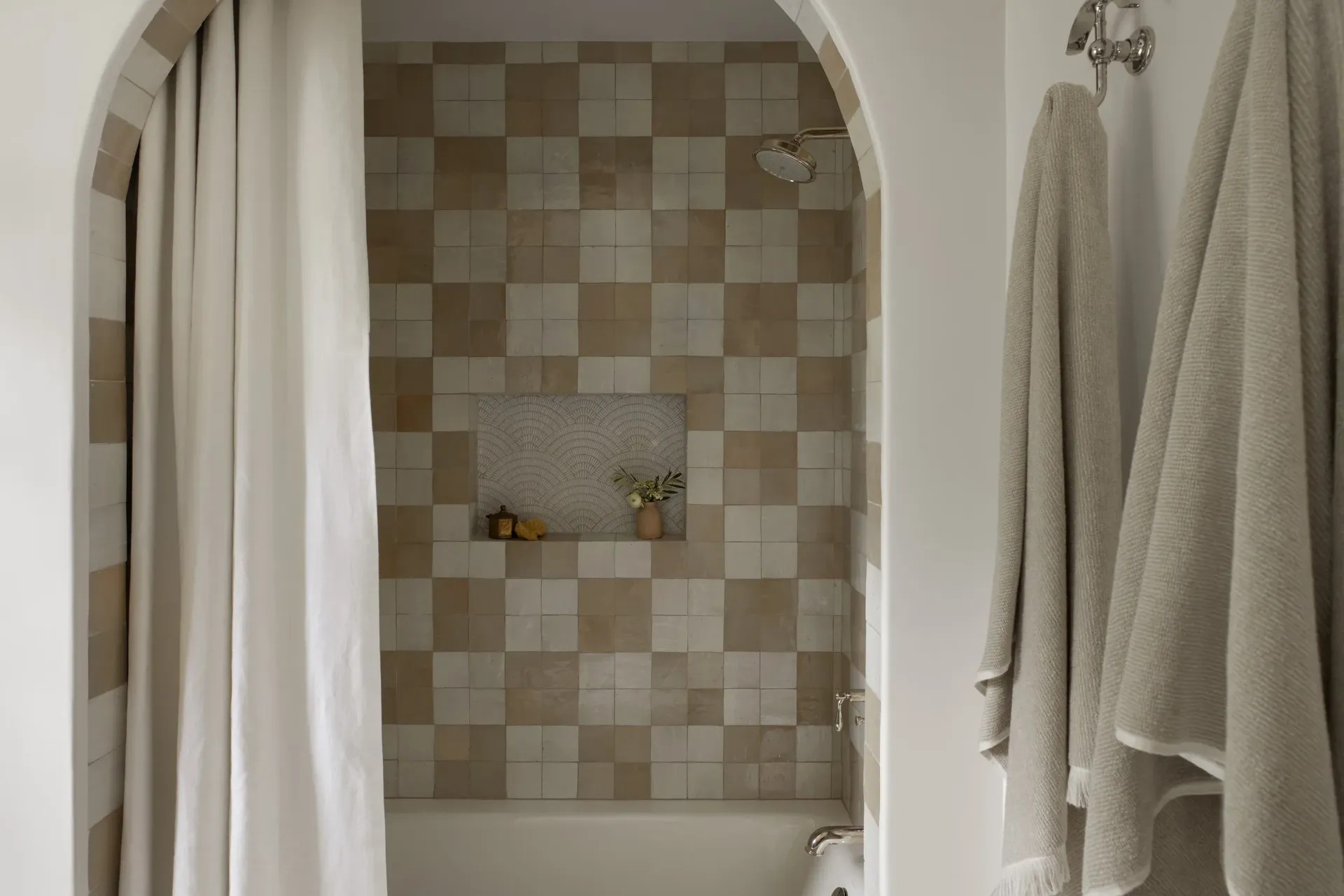Why French White Oak Stands Out: Grain, Beauty, and Versatility

Why French White Oak Stands Out: Grain, Beauty, and Versatility
French white oak has earned its reputation as one of the most desirable hardwoods in the world, renowned for its unique grain structure, durability, and versatility. Its popularity extends across industries, from high-end furniture making to wine barrel production. But what sets French white oak apart from other white oak varieties, particularly its American counterpart? Let’s explore the characteristics that make this wood so special.
The Grain: A Mark of Elegance
One of the most striking features of French white oak is its grain pattern. Unlike American white oak, which grows faster and develops wider grains, French white oak boasts a tighter grain structure. This difference is largely due to the slower growth rate of oak trees in France’s cooler climate and limestone-rich soils. The slower growth not only contributes to the wood’s density but also creates more aesthetically pleasing, uniform grain patterns, perfect for adding a touch of elegance to any design.
Tannin Content: A Natural Advantage
French white oak is also known for its higher tannin content, a result of its unique growing conditions. Tannins play a significant role in making French white oak highly sought after for wine barrels. These natural compounds enhance the flavor and aging process of wines, giving them depth and complexity. This characteristic has made French oak the preferred choice for winemakers worldwide, cementing its place in the wine industry.
Applications Beyond Wine Barrels
While French white oak’s role in winemaking is iconic, its applications extend far beyond. Its strength and beauty make it an excellent choice for:
Flooring: The tight grain and rich tones of French white oak create stunning hardwood floors that are both durable and timeless.
Furniture: From modern designs to classic pieces, French white oak brings sophistication and warmth to any setting.
Architectural Elements: Beams, paneling, and cabinetry crafted from French oak add a luxurious touch to interiors.
Sustainability and Quality
The sustainability of French white oak is another reason for its appeal. Many French forests are managed responsibly, ensuring that this prized resource remains available for generations. Choosing French white oak means not only investing in a high-quality material but also supporting sustainable forestry practices.
Key Takeaways
French white oak stands out from other white oak varieties due to its tighter grain structure, higher tannin content, and overall superior aesthetic qualities. These characteristics, born from the slower growth in France’s unique climate and soil conditions, make it a favorite for high-end applications, from wine barrels to luxury interiors.





